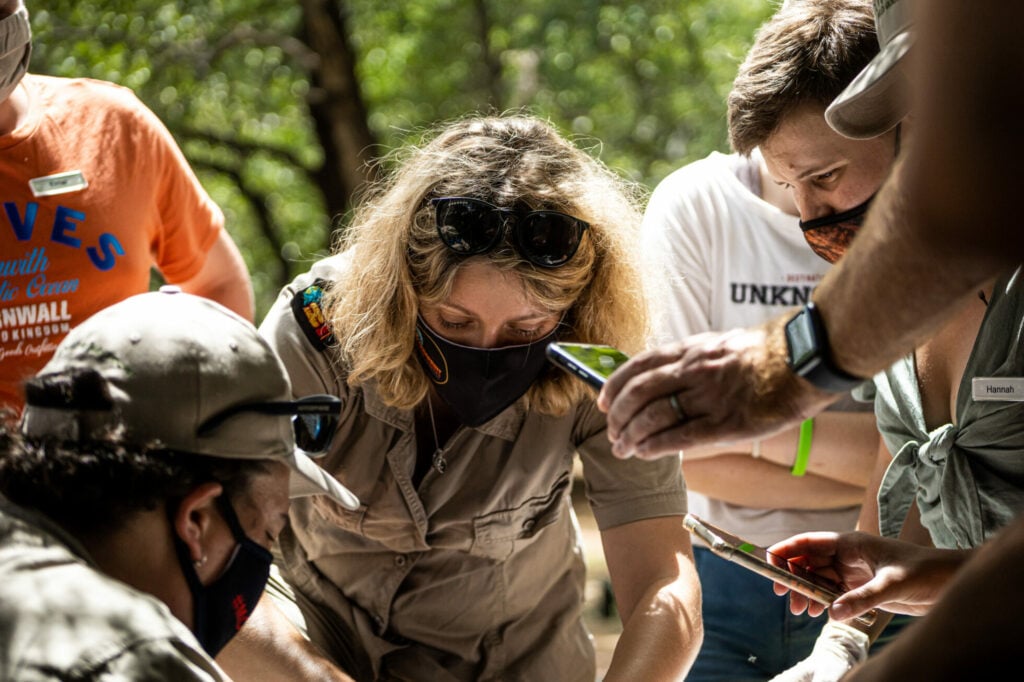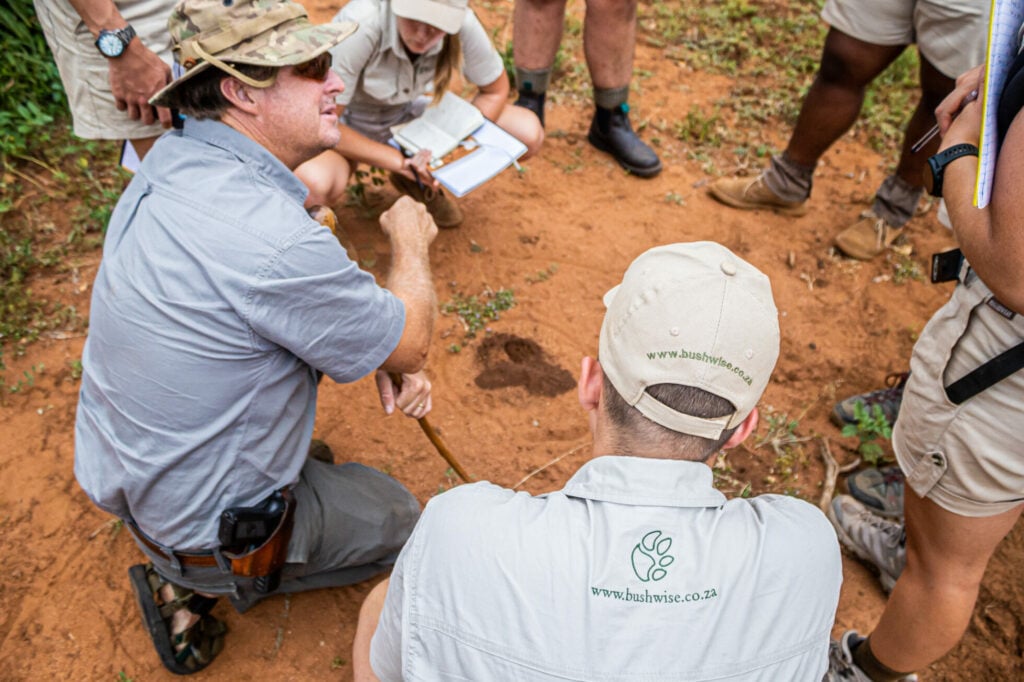Discover how Namib Desert wildlife thrives in extreme conditions – elephants, beetles, plants & more adapt uniquely to survive harsh environments.
GVI
Posted: July 9, 2024

GVI
Posted: January 27, 2023
Are you ready to ditch the 9-5 grind and trade it in for a career that will have you spending your days surrounded by majestic creatures and breathtaking landscapes? We’ve compiled a list of the top 10 wildlife conservation jobs that will make you feel like you’re on a permanent safari.
Being a Park Ranger is a rewarding and challenging job that requires a combination of skills and knowledge. Park rangers are responsible for preserving and protecting natural resources within national parks and other protected areas. They conduct patrols to enforce park regulations, lead educational programs, and assist with wildlife management and habitat restoration projects. To become a park ranger, you typically need a bachelor’s degree in fields such as park management, environmental science, or natural resource management and may also be required to pass a rigorous physical fitness test.
Ecologists study the interactions between living organisms and their environment. They conduct research on endangered species or assess the impacts of human activities on ecosystems. To become an ecologist, you typically need a bachelor’s degree in fields such as ecology, environmental science, or biology, and a master’s degree or doctorate is often required for more advanced positions.
Wildlife biologists study the biology, behaviour, and ecology of wild animals. They conduct research on endangered species, assist with wildlife management and conservation efforts, and provide technical advice to government agencies and organisations. To become a wildlife biologist, you typically need a bachelor’s degree in fields such as wildlife biology, zoology, or ecology.
Conservation officers enforce laws and regulations related to wildlife, fisheries, and other natural resources. They conduct patrols, investigate illegal hunting and fishing activities, and assist with wildlife management and habitat restoration projects. To become a conservation officer, you typically need a bachelor’s degree in fields such as natural resource management, environmental science, or wildlife biology and may also be required to pass a rigorous physical fitness test.


Wildlife rehabilitators provide medical care and rehabilitation to injured or orphaned wild animals with the goal of releasing them back into the wild. They may also provide education to the public about wildlife conservation and rehabilitation. To become a wildlife rehabilitator, you typically need a bachelor’s degree in fields such as wildlife biology, zoology, or veterinary science and may also require additional certifications and training in wildlife rehabilitation.
Wildlife veterinarians provide medical care to wild animals in captivity and in the wild. They also conduct research on wildlife diseases and assist with conservation efforts. To become a wildlife veterinarian, you typically need a degree in veterinary medicine and may also require additional training or certifications in wildlife medicine.
Conservation biologists conduct research on the biology and ecology of endangered species and develop conservation strategies to protect them. They may also work with government agencies, nonprofits and local communities to implement conservation plans. To become a conservation biologist, you typically need a bachelor’s degree in fields such as conservation biology, ecology, or environmental science, and a master’s degree or doctorate is often required for more advanced positions.
Environmental educators work to educate the public about conservation and environmental issues. They may work for government agencies, non-profits, schools or other organisations and develop educational programs and materials to raise awareness about conservation issues. To become an environmental educator, you typically need a bachelor’s degree in fields such as education, environmental science, or communications.
Wildlife photographers and filmmakers capture and create stunning imagery that brings awareness to conservation issues and showcases the beauty of wildlife. They may work for media outlets, conservation organisations or as freelance photographers. To become a wildlife photographer or filmmaker, you typically need a degree in photography or film production, or have experience in the field and have a keen eye for capturing nature.
Conservation scientists or planners work on finding the balance between the protection of natural resources and the needs of human development. They conduct research, analyse data and create plans to sustainably manage land, water, and other natural resources. To become a conservation scientist or planner, you typically need a bachelor’s degree in fields such as environmental science or natural resource management.
If you’re looking for a career that’s not only fulfilling but also makes a real impact on the world, then a career in wildlife conservation might just be for you! The field is diverse and exciting, and there are tons of ways to get started. One of the ways to kickstart your career is by joining GVI’s wildlife conservation apprenticeship in South Africa. With 3 months of training and another 3 months of work placement with an international company, this apprenticeship offers a hands-on experience that will provide you with the skills and knowledge you need to succeed in this field. It’s a great way to gain experience and make connections in the conservation industry, and it could be the first step towards a lifelong career in wildlife conservation.

Discover how Namib Desert wildlife thrives in extreme conditions – elephants, beetles, plants & more adapt uniquely to survive harsh environments.
GVI
Posted: July 9, 2024